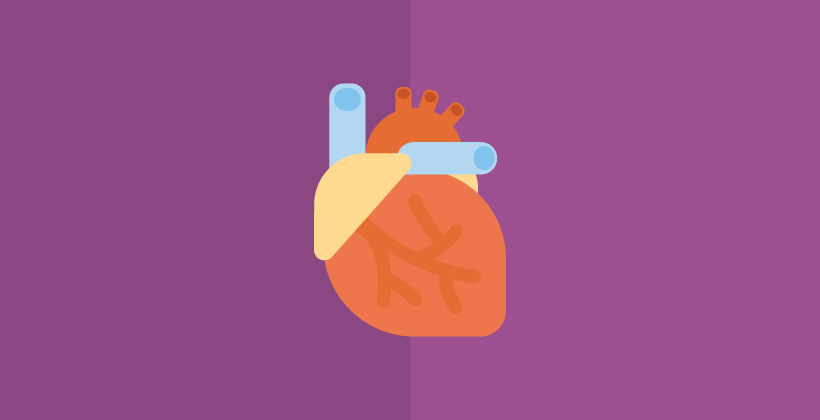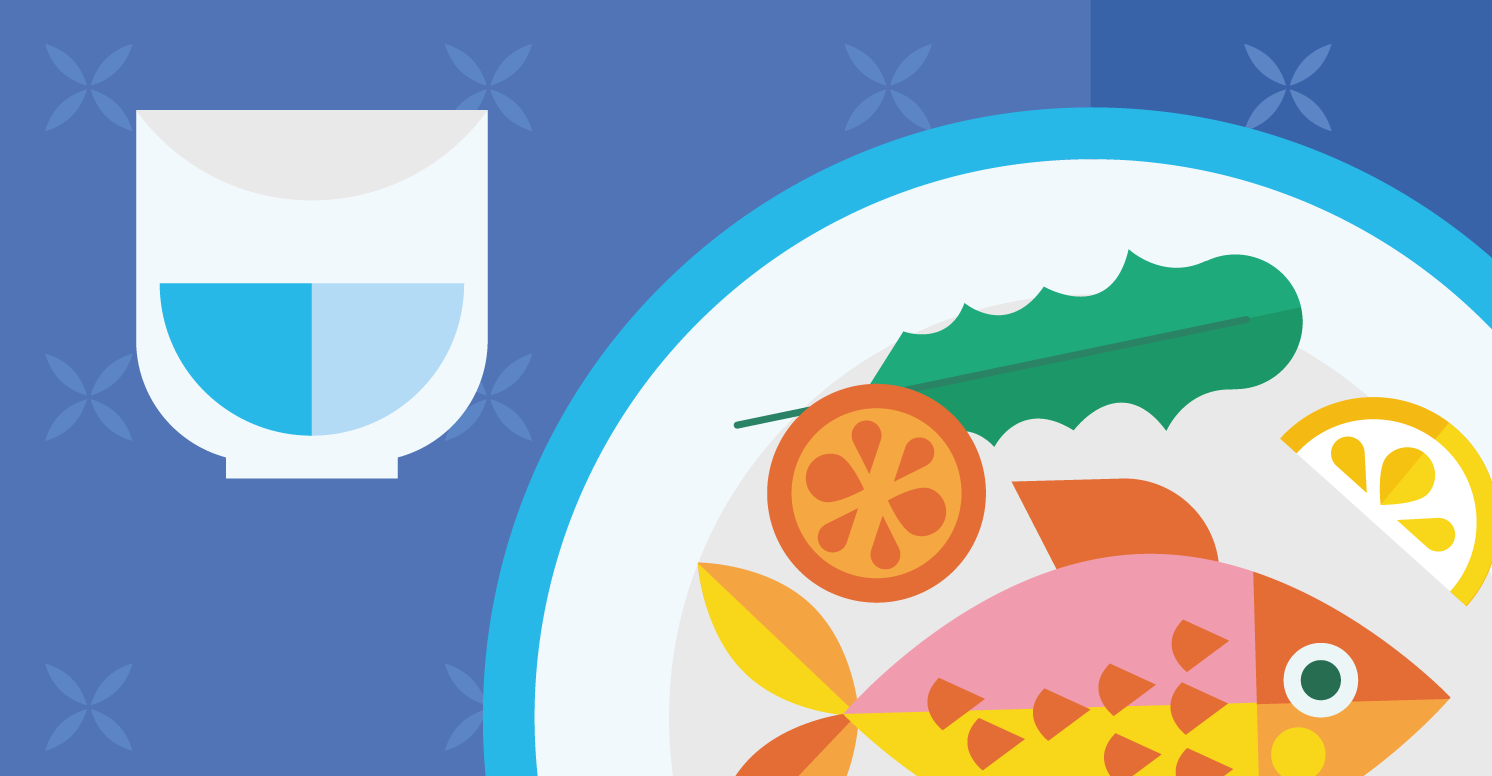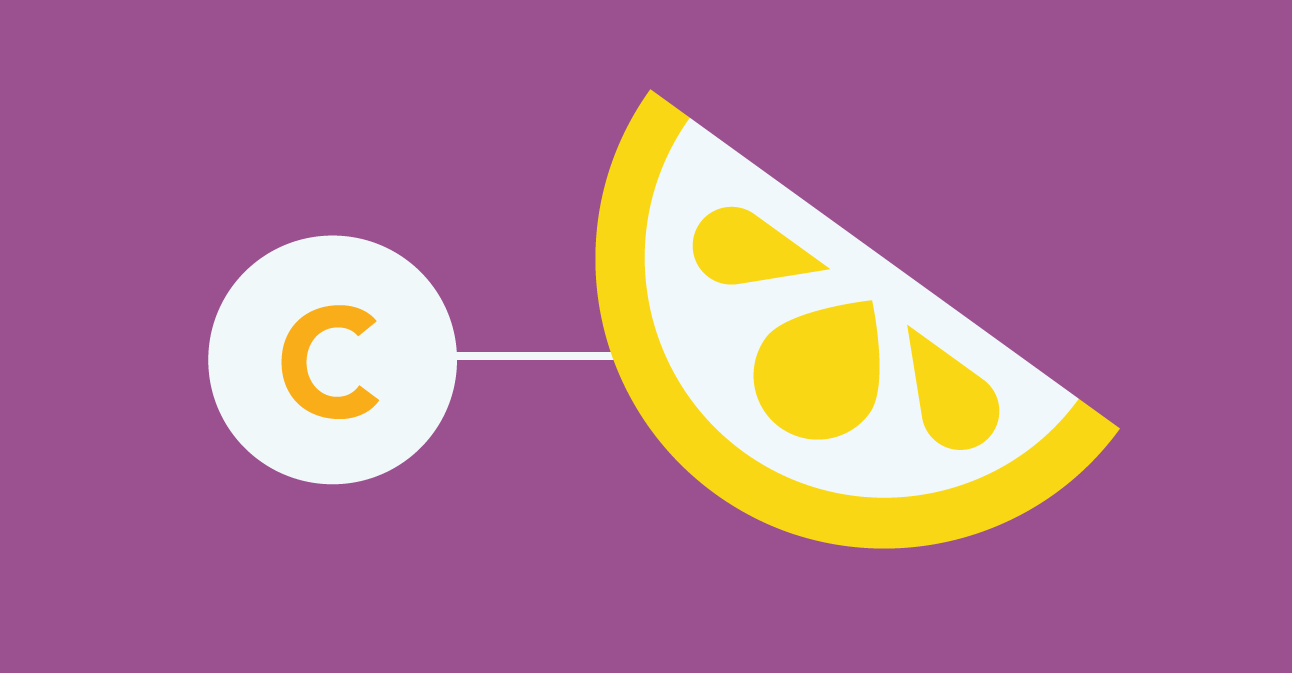Diet

With every person, there is a different diet. A balanced diet varies depending on the individual’s needs. Our bodies need about 40 different nutrients to maintain health. These nutrients can be taken in through macronutrients: carbohydrates, fats and protein which are needed in large amounts as well as micronutrients: vitamins, minerals, and trace elements needed in small amounts. Diets vary hugely depending on habits, beliefs and trends and dietary requirements can be consumed in different ways.
What’s Important for Vegetarians and Vegans to Eat?
14 October 2024Many people reduce or exclude animal products for a variety of reasons. If you have a plant-based diet, read on to make sure your nutrient intake is adequate.
The truth about “clean eating”
10 August 2018Clean-eating has been a popular dieting trend for quite some time now, but it isn't always as healthy as it seems.
The DASH diet can help with high-blood pressure
10 August 2018The DASH diet offers an effective nutritional approach towards prevention and treatment of high-blood pressure (hypertension). Learn how to follow the DASH diet.
Can intermittent fasting help you lose weight?
10 August 2018Intermittent fasting describes a type of dieting that involves periods of routine fasting but can it actually help us lose weight?
What Are Superfoods and Are They Really Super?
11 December 2012To find out the truth, this article looks carefully at the scientific evidence behind the media’s superfood claims and how this translate into real diets.
Fruit and Vegetable Consumption in Europe
10 January 2012A majority of European citizens associate a healthy diet with fruit and vegetable consumption, and many of them believe that their diet is healthy. But is this true? Do people in Europe actually get the amounts of fruit and vegetables recommended for good health?





